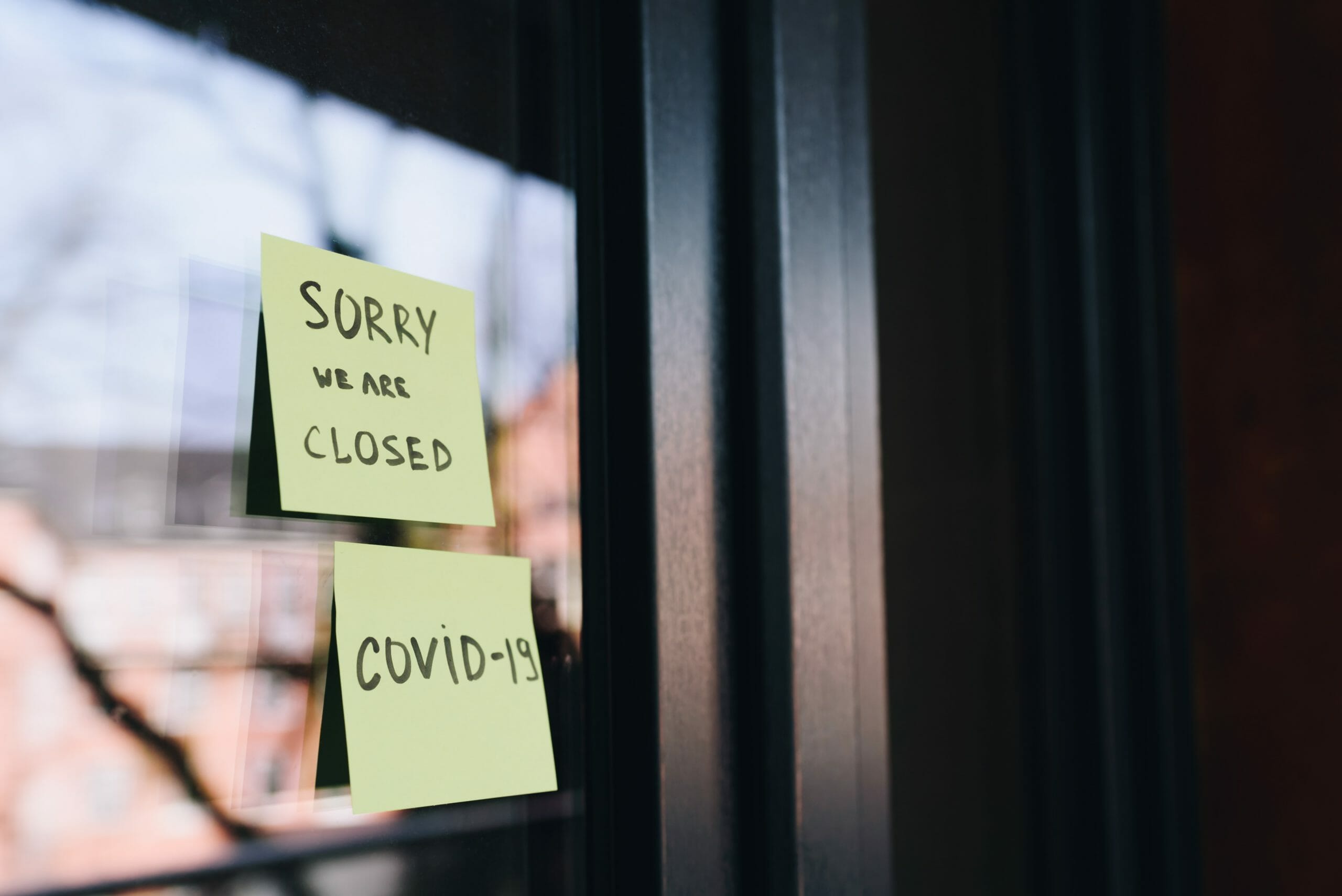
Photo by Anastasiia Chepinska on Unsplash
Why Would Jesus Social Distance – WWJ(S)D

Claire Hein Blanton
June 8, 2020
As Texas gradually re-opens businesses and public activities with occupancy limits and safety protocols in place, my family anxiously awaits the time when we feel it will be safe to go about our normal business. Some days it seems like that day will never come. Too often we feel that the anxiety to get to that day has propelled bad public health decisions. When Harris County Judge Lina Hidalgo announced that a “Stay Home, Work Safe” measure would be put in place for a period of time, she included the closing of church facilities. Ministers could continue doing their work, but congregations could not meet. Our church had adopted this policy weeks beforehand.
Within the week a local activist and three ministers had sued the city over this measure, lobbying that it violated the First Amendment. The Texas government then pronounced that churches were “essential businesses” and could legally remain open as long as social distancing policies were put in place.
I have found myself increasingly frustrated by the attempts of certain segments of our community to drag Jesus into their attempts to limit the effective measures which the leading doctors and public health figures repeatedly support. If I learn nothing else from this period in my life, it will be that the worst versions of humanity leave comments on local news websites.
That Christians are turning to their faith to navigate this unprecedented period is not the issue – rather, I do not know who this Jesus they are invoking is.
When asked what the greatest command was, Jesus said that it was to love God and love your neighbor. Right now, our neighbors need us to stay inside and to social distance. The “essential business” of the gospel is to do this. Jesus calls us to social distance, but not to be distant from each other.
Assuredly we are commanded to remember the Sabbath and keep it holy. Yet, Jesus practiced his faith outside of the Temple. The Gospels contain many stories of him not only worshipping and praying outside of the temple, but of actively healing on the Sabbath rather than abstaining from work. To heal is to God’s work. Physically going to a building once a week is an act of worship, but if that is where our worship ends, if our faith is dependent on going to a physical location, we are idolaters offering sacrifices and not Christians.
We miss being in church. My young son has asked us to “find a new church” because he does not understand why everything is digital now. It is wearying despite how good of an effort our ministers are doing to keep us connected. And yet – we know this is how we are practicing being Jesus to our neighbors. Around Easter I saw a picture of an empty church on social media with the caption, “On Easter love bade the tomb be empty, this Easter love calls our sanctuary to be empty.”
When asked what the greatest command was, Jesus said that it was to love God and love your neighbor. Right now, our neighbors need us to stay inside and to social distance. The “essential business” of the gospel is to do this. Jesus calls us to social distance, but not to be distant from each other. There is an important distinction between those two that the Harris County lawsuit bringers do not distinguish. We may have the right to worship freely, but as Christians we have the responsibility to worship at home for the foreseeable future. Not to be an alarmist, but there is good historical precedent that we will see a stronger return of this virus in the fall. The more we can prepare for that now, the better off we will be then. Let us tune our hearts to this opportunity we have to be witnesses to the gospel. I am aware that there are many consequences to prolonged social distancing – the economy and school closures being primary concerns. We will reopen too early. But we can also choose to not do things just because they are permissible again.
Stay home. Wear a mask (if told to). Practice love.
Claire Hein Blanton is an ordained Baptist minister in Houston, Texas. She is currently studying for her PhD in systematic theology and ethics from the University of Aberdeen.
The views expressed are those of the author and not necessarily those of American Baptist Home Mission Societies.


